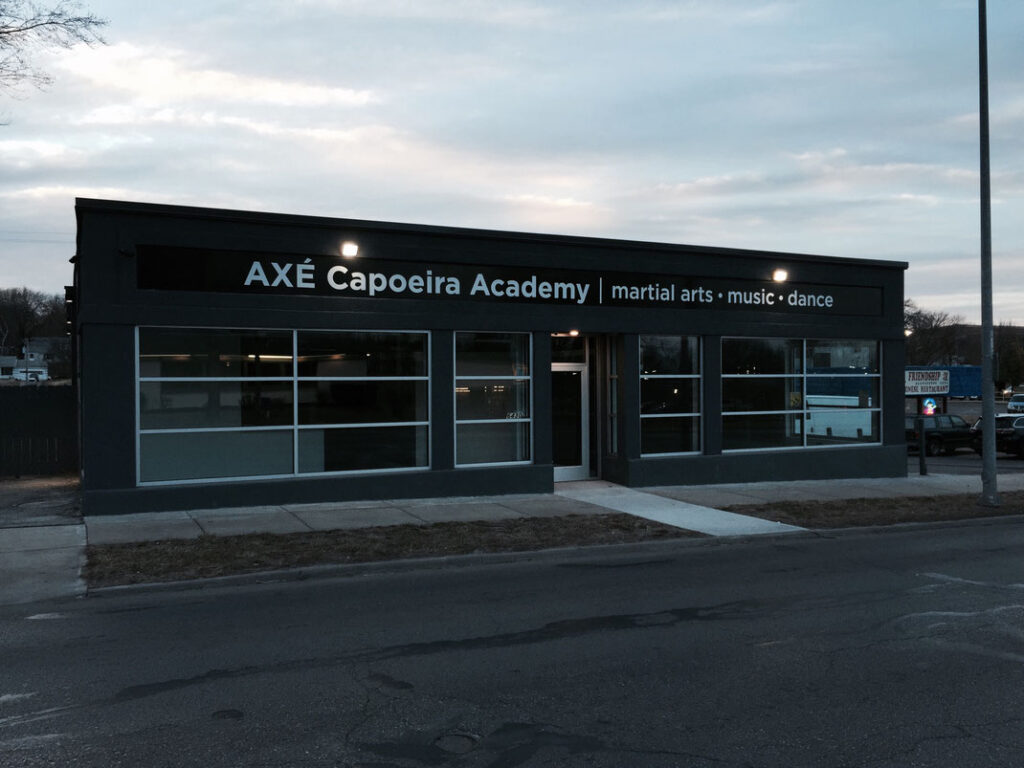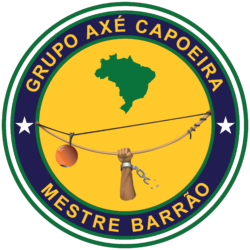Afro-Brazilian Dance Classes
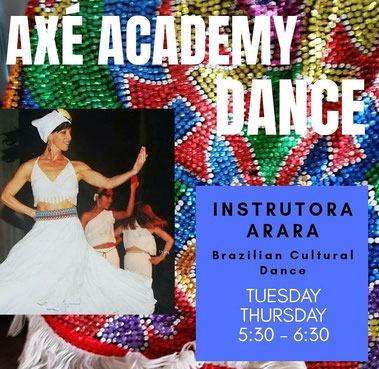
At Axé Capoeira Academy, we teach a wide range of Brazilian and Afro-Brazilian dance from the northeastern region of Brazil.
These classes encompass the full flavor of Brazil and will keep anyone engaged and challenged, regardless of level or expertise.
Classes are only $65/month
Download “Student Enrollment Form and Waiver”
Copy-of-axe-capoeira-class-registration-form-.pdf – Downloaded 913 times – 55.07 KB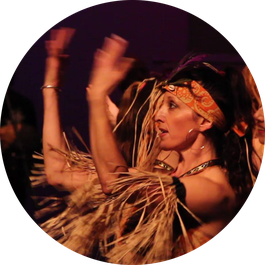
Dança Afro
Fierce! Afro presents powerful full-body movements, inspired by the war dances of Angola and the candomble religion of the Yoruba , Bantu and Gbe people. Dancers will be lifted by the blending of West African and Brazilian rhythms resonating from live drumming.
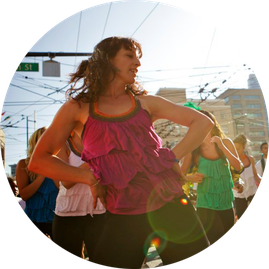
Samba Reggae
With traditional rhythms of samba from Salvador, Bahia, combined with rhythms from the Caribbean (Reggae), Samba Reggae’s got that booty. Shake it, rattle it, bounce it ! This dance is so fun…Vamos !
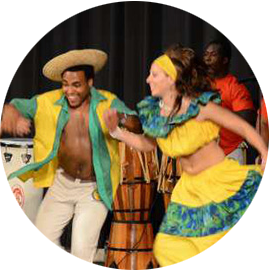
Coco de Roda
Coco De Roda is a dance for both male and female dancers. It originates from the Northeast region of Brazil and has a strong African drumming influence. The choreography of the dance involves steps and movements traditional of the indigenous Tupis peoples of Brazil.
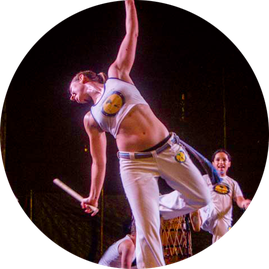
Maculêlê
Maculêlê is an Afro-Brazilian dance created by African people working on the sugarcane plantations in Bahia, Northeast Brazil. The dance is choreographed based on the movements and drum rhythms used during the harvest. The slaves used machetes to cut the sugarcane, but later they developed a form of dance with sticks.
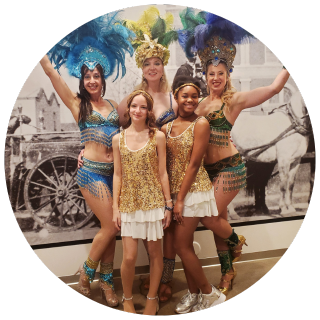
Samba No Pé
This dance style will get your heart racing and your feet moving to the exhilarating beat! This fantastic class will teach you footwork variations, work on your ability to move faster, increased isolation, and will continue to develop your rhythm and coordination while having lots of fun!
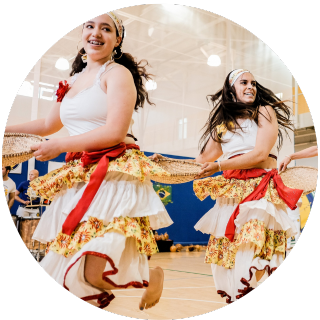
Colheita
Colheita is a traditional harvest dance from Brazil that is based on collecting and sifting beans at the harvest. Featuring traditional colorful and flowing skirts, dancers swing woven baskets rhythmically at a hypnotizing pace. Light and fun!
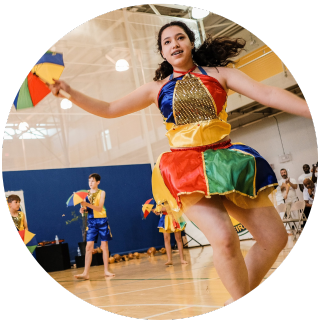
Frevo
Frevo is a wide range of musical styles originating from Recife, Brazil, all of which are traditionally associated with Carnival. The word frevo is said to come from fervor, a variant of the Portuguese word fever (to boil). It is said that the sound of the frevo will make listeners and dancers feel as if they are boiling on the ground. Dancers hold teeny little umbrellas.
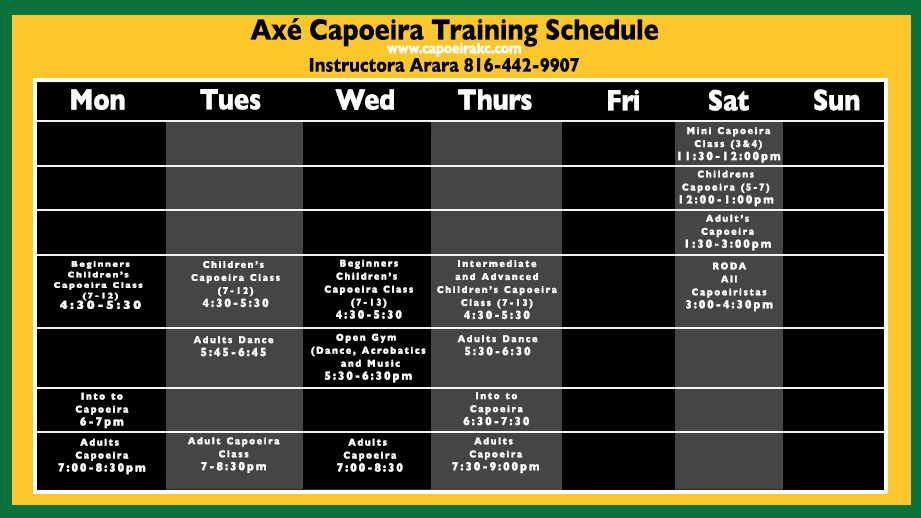
Home of Axé Capoeira Kansas City
6430 Troost Ave, Kansas City, MO 64131
